Home>diy>Building & Construction>What Inspections Are Required When Building A House
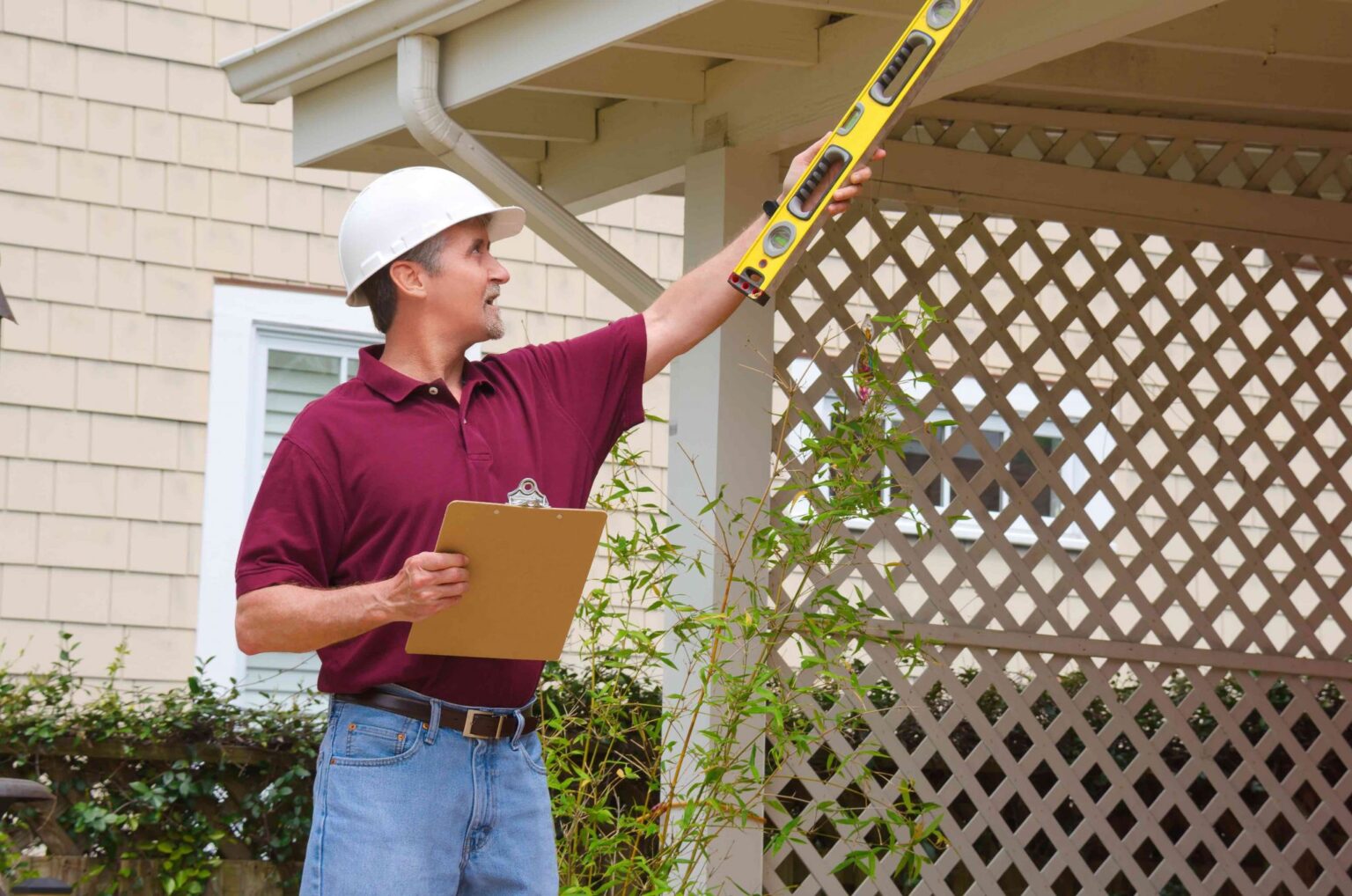

Building & Construction
What Inspections Are Required When Building A House
Modified: October 20, 2024
Find out what inspections are required during the building construction of a house. From foundation to roof, ensure compliance and safety every step of the way.
(Many of the links in this article redirect to a specific reviewed product. Your purchase of these products through affiliate links helps to generate commission for Storables.com, at no extra cost. Learn more)
Introduction
Welcome to the exciting world of building construction! As an aspiring homeowner or even as a seasoned builder, understanding the various inspections required when building a house is crucial. These inspections ensure that your newly constructed home meets the necessary safety and quality standards.
Building a house is a complex process that involves multiple stages, from laying the foundation to completing the final finishes. Throughout this construction journey, inspections play a vital role in ensuring that each stage is done correctly, complying with local building codes and regulations.
Inspections are typically conducted by certified inspectors who have the knowledge and expertise to assess various aspects of the construction process. These inspections act as checkpoints, providing assurance that each stage is completed safely, securely, and to the desired standards.
In this article, we will explore the different inspections required when building a house, guiding you through each stage of the construction process. Let’s dive in and discover the intricacies of ensuring a well-built and inspected home!
Key Takeaways:
- Ensure your newly constructed home meets safety and quality standards with crucial inspections at every stage, from foundation to final finishes. Addressing issues early ensures a durable, safe, and valuable home.
- Certified inspectors play a vital role in evaluating different aspects of your house, ensuring compliance with building codes and regulations. Prioritize inspections to have confidence in the quality and safety of your new home.
Foundation Inspection
The foundation of a house is its structural backbone, providing stability and support for the entire structure. A foundation inspection is a critical step that ensures the foundation is constructed correctly and meets the necessary safety standards.
During a foundation inspection, the certified inspector will examine the foundation for any issues such as cracks, settling, or inadequate reinforcement. They will also assess the depth and width of the foundation, ensuring it meets the local building codes and regulations.
The inspector will evaluate the quality of the concrete or other materials used for the foundation, checking for proper curing and uniformity. They may also inspect the drainage systems around the foundation to ensure proper water diversion and prevent any potential damage.
Additionally, the inspector will assess the placement of anchor bolts, which are crucial for securing the structure to the foundation. These bolts provide resistance to lateral forces such as earthquakes, ensuring the safety of the occupants.
It’s important to note that foundation inspections are typically performed at different stages of construction. The initial inspection occurs after the excavation and before the concrete pour. Another inspection may be required before the backfilling and final grading.
Foundation issues can lead to serious structural problems if left undetected or unresolved. Therefore, a thorough foundation inspection is essential to identify any potential risks or concerns and address them before proceeding with the construction process.
By ensuring a solid and well-inspected foundation, you can have peace of mind knowing that your house stands on a stable and secure base, capable of withstanding the test of time.
Framing Inspection
Once the foundation is in place, the next crucial stage in building a house is the framing process. A framing inspection is necessary to ensure that the structural framework of the house, including walls, floors, and roof, is built accurately and meets the required standards.
During a framing inspection, a certified inspector will meticulously assess the construction of the framing components. This includes checking the layout, spacing, and alignment of walls, beams, trusses, and other structural elements.
The inspector will ensure that proper building techniques and materials are used, such as adequate nailing, bracing, and anchoring. They will also verify that the framing members are of the correct size and comply with the local building codes and regulations.
Furthermore, the inspector will inspect the installation of fire-blocking and draft-stopping materials. These materials are essential for preventing the spread of fire and maintaining the integrity of the building’s fire-rated assemblies.
In addition to the structural aspects, the framing inspection also covers important safety considerations. The inspector will assess the installation of safety features, such as staircases, guardrails, and handrails, ensuring compliance with safety standards to prevent falls and accidents.
It’s important to note that a framing inspection may have multiple stages, depending on the complexity of the construction. For instance, there may be a rough framing inspection before the installation of insulation and a final framing inspection before proceeding with the interior finishes.
A thorough framing inspection is crucial to identify any structural or safety issues early on in the construction process. By addressing these issues promptly, you can ensure the structural integrity and safety of your home for years to come.
Electrical Inspection
Once the framing is complete, it’s time to focus on the electrical system of the house. An electrical inspection is essential to ensure that the wiring, outlets, switches, and other electrical components are installed correctly and comply with electrical codes and safety standards.
During an electrical inspection, a certified inspector will examine the electrical system to ensure proper installation and adherence to safety measures. They will assess the wiring methods, grounding systems, and electrical panel to ensure they meet the required standards.
The inspector will examine the placement and spacing of outlets and switches, ensuring they are correctly installed and meet the electrical code. They will also check for the use of appropriate wire sizes and types for different applications, preventing electrical hazards.
Additionally, the inspector will verify that the electrical system is properly grounded, protecting against electrical shocks and overloading. They will also check the circuit breakers and fuses to ensure they are correctly sized and provide adequate protection against short circuits and overloads.
Furthermore, the inspector will inspect the installation of lighting fixtures, ceiling fans, and other electrical fixtures, checking for proper mounting, wiring, and adherence to safety guidelines.
An electrical inspection is not limited to just the internal electrical system. It also includes an evaluation of the service entrance and meter, ensuring that the electrical supply coming into the house is properly connected and meets the necessary requirements.
Overall, an electrical inspection is crucial for ensuring the safety of the occupants and the proper functioning of the electrical system. By identifying and rectifying any electrical issues during the inspection, you can have peace of mind knowing that your home is protected from electrical hazards and meets the required safety standards.
Plumbing Inspection
The plumbing system is an essential component of any house, providing clean water supply and efficient waste removal. A plumbing inspection is necessary to ensure that the plumbing system is installed correctly, functions properly, and meets the necessary safety and sanitation standards.
During a plumbing inspection, a certified inspector will thoroughly examine the plumbing system, including the piping, fixtures, and drainage systems. They will assess the installation for compliance with plumbing codes and regulations.
The inspector will check for proper pipe sizing, ensuring that the pipes can handle the expected water flow and pressure. They will also verify that the pipes are adequately supported and securely connected to prevent leaks and pipe movement.
In addition, the inspector will assess the installation of fixtures such as sinks, toilets, showers, and bathtubs. They will check for proper drainage, water flow, and functioning of valves and faucets.
Furthermore, the inspector will ensure that the plumbing system meets the necessary standards for backflow prevention. Backflow occurs when contaminated water flows back into the clean water supply, posing health risks. The inspector will assess the installation of backflow prevention devices to prevent this potential hazard.
During the inspection, the inspector may also evaluate the installation of water heaters, verifying that they meet safety requirements and are correctly vented.
It’s crucial to conduct a plumbing inspection to identify any potential issues such as leaks, blockages, or incorrect installations. Detecting and addressing plumbing problems early on can prevent water damage, promote water conservation, and ensure the overall functionality of the plumbing system in your home.
By ensuring a thorough plumbing inspection, you can have confidence in the reliability and safety of your home’s plumbing system for years to come.
HVAC (Heating, Ventilation, and Air Conditioning) Inspection
The HVAC system plays a crucial role in maintaining a comfortable and healthy indoor environment in your home. An HVAC inspection is essential to ensure that the heating, ventilation, and air conditioning systems are installed correctly, function properly, and meet the necessary safety and efficiency standards.
During an HVAC inspection, a certified inspector will assess the various components of the system, including the furnace or heating unit, air conditioning unit, ductwork, and ventilation system.
The inspector will examine the installation of the heating unit, checking for proper sizing, fuel connections, and ventilation. They will also verify that the combustion chamber is sealed properly and there are no gas leaks.
In the case of an air conditioning unit, the inspector will evaluate the installation for proper sizing, refrigerant connections, and drainage. They will also check the condenser coil, compressor, and other components to ensure they are functioning correctly.
The inspection will also include an evaluation of the ductwork, checking for proper insulation, sealing, and airflow. The inspector will assess the placement of registers and vents to ensure effective air distribution throughout the house.
Furthermore, the ventilation system will be inspected to ensure it meets the necessary standards for indoor air quality. This involves verifying the installation of ventilation fans, filters, and any additional systems such as heat recovery ventilators.
Additionally, the inspector will assess the overall energy efficiency of the HVAC system. This may involve evaluating insulation levels, checking for air leaks, and assessing the programmable thermostat for effective temperature control.
An HVAC inspection is essential for identifying any potential issues such as improper installations, duct leaks, or inefficient equipment. By addressing these issues, you can ensure optimal comfort, energy efficiency, and indoor air quality in your home.
Regular maintenance and periodic inspections of the HVAC system also contribute to its longevity and functionality. By conducting an HVAC inspection, you can enjoy the benefits of a well-maintained and efficient heating and cooling system in your home.
Before building a house, ensure that the necessary inspections are carried out, including foundation, framing, plumbing, electrical, and final inspection. Compliance with local building codes is crucial for a successful construction project.
Insulation and Energy Efficiency Inspection
Proper insulation and energy efficiency are essential for a comfortable and cost-effective home. An insulation and energy efficiency inspection is necessary to ensure that the insulation materials and techniques used in your house meet the required standards and contribute to energy conservation.
During an insulation and energy efficiency inspection, a certified inspector will assess the insulation levels and quality throughout the various areas of your home, such as walls, ceilings, floors, and attics.
The inspector will measure the thickness and density of insulation materials, ensuring they meet the recommended R-value, which represents the insulation’s resistance to heat transfer.
In addition to thickness, the inspector will evaluate the installation quality of insulation, checking for proper coverage, sealing, and any gaps or areas of compression that could reduce its effectiveness.
The inspection will also assess the presence of moisture or mold, which can compromise the insulation’s performance and lead to health issues. Proper ventilation and vapor barriers will be evaluated to ensure they prevent moisture buildup and maintain indoor air quality.
Moreover, an energy efficiency inspection will involve evaluating other factors that contribute to energy conservation in your home. This may include checking the efficiency of windows and doors, assessing the condition and sealing of air ducts, and inspecting the use of energy-saving lighting fixtures and appliances.
The inspector may also evaluate the effectiveness of the thermal envelope, which includes windows, insulation, and air sealing. This helps to identify any areas where heat transfer or air leakage may be occurring, affecting energy efficiency.
By conducting an insulation and energy efficiency inspection, you can identify areas for improvement and take necessary steps to enhance the overall energy performance of your home. This can lead to reduced energy costs, increased comfort, and a smaller environmental footprint.
Remember, maximizing insulation and energy efficiency not only benefits you as a homeowner but also contributes to overall sustainability by conserving valuable resources and reducing greenhouse gas emissions.
Exterior Inspection
The exterior of your house is not only its first line of defense against the elements but also plays a crucial role in its overall aesthetic appeal and curb appeal. An exterior inspection is essential to ensure that the exterior components of your home are in good condition, properly installed, and meet the necessary standards.
During an exterior inspection, a certified inspector will thoroughly assess various aspects of your home’s exterior, including the siding, roofing, windows, doors, and other exterior features.
The inspector will examine the condition of the siding, whether it’s made of materials such as vinyl, wood, brick, or stucco. They will check for any signs of damage, such as cracks, warping, or rot, and ensure that the siding is properly installed and weather-resistant.
In addition, the inspector will assess the roofing system to ensure its overall condition and functionality. They will examine the roof for any missing or damaged shingles, signs of leaks, or inadequate flashing around chimneys and vents.
The inspector will also inspect the windows and doors, checking for proper installation, weather sealing, and functionality. They will assess the condition of window frames, glass panes, and the opening and closing mechanisms of doors.
Furthermore, an exterior inspection includes evaluating the integrity of the foundation and exterior walls. The inspector will check for any cracks, bulges, or signs of moisture penetration that could indicate structural issues or compromised waterproofing.
The inspection will also cover other exterior components such as gutters and downspouts. The inspector will assess their condition, ensuring they are properly installed, free of debris, and effectively directing water away from the foundation.
By conducting a thorough exterior inspection, you can identify any potential issues or needed repairs early on. Addressing these issues in a timely manner can help prevent further damage and maintain the overall integrity and appearance of your home’s exterior.
Remember, a well-maintained and visually appealing exterior enhances your home’s value, creates a positive first impression, and protects your investment for years to come.
Roofing Inspection
The roof is one of the most critical components of a house, providing protection against the elements and maintaining the overall structural integrity of the building. A roofing inspection is essential to ensure that the roof is in good condition, properly installed, and meets the necessary safety standards.
During a roofing inspection, a certified inspector will thoroughly assess the roof, examining its various components, including the roofing materials, flashing, gutters, and ventilation systems.
The inspector will inspect the condition of the roofing materials, whether it is asphalt shingles, metal panels, tiles, or another type of roofing. They will check for signs of wear and tear, damage, or missing shingles or tiles, ensuring they are properly installed and adequately protecting the underlying structure.
In addition, the inspector will evaluate the condition of the roof flashing, which is responsible for preventing water penetration at vulnerable areas such as chimneys, vents, and valleys. They will check for proper installation, tight seals, and signs of deterioration or damage.
The inspector will also assess the gutters and downspouts, checking for proper installation, adequate drainage, and condition. They will ensure that the gutters are free of debris, securely attached to the roofline, and directing water away from the foundation.
A roofing inspection will also involve assessing the ventilation system. Proper ventilation helps to regulate temperature, reduce moisture buildup, prevent mold growth, and prolong the lifespan of the roofing materials. The inspector will check for adequate airflow, correctly installed vents, and any signs of ventilation issues.
During the inspection, the inspector may also look for signs of leaks, water stains, or discoloration on the interior ceiling or walls, as these can indicate roof damage or inadequate waterproofing.
By conducting a thorough roofing inspection, you can identify any issues or needed repairs, ensuring the integrity and longevity of your roof. Promptly addressing potential roofing problems can prevent further damage, reduce the risk of leaks or structural issues, and protect your home investment from weather-related incidents.
Remember, a well-maintained and structurally sound roof provides peace of mind and keeps your home safe and protected from the elements for years to come.
Read more: What Requires Specialized Home Inspection
Interior Inspection
The interior of your house is where you spend most of your time, and it’s essential to ensure that it is comfortable, safe, and built to the necessary standards. An interior inspection is crucial to evaluate the interior components of your home, from the walls and flooring to the plumbing and electrical systems.
During an interior inspection, a certified inspector will thoroughly assess various elements of your home’s interior, including the walls, ceilings, flooring, plumbing, electrical wiring, and overall functionality of the interior spaces.
The inspector will examine the condition of the walls, checking for cracks, water damage, or signs of poor craftsmanship. They will also evaluate the quality of paint or finishes, ensuring they are applied evenly and adhere to safety standards.
In addition, the inspector will assess the condition of the ceilings, looking for any signs of water stains, sagging, or cracks, which may indicate water leaks or structural issues.
The flooring will be inspected for any damage, wear, or unevenness. Whether it’s carpet, hardwood, tile, or another type of flooring, the inspector will ensure that it is properly installed, intact, and functioning as intended.
The plumbing system will also be evaluated during the interior inspection. The inspector will check for leaks, properly functioning fixtures, and adequate water pressure. They will also assess the condition of pipes, drainage systems, and water heaters.
Furthermore, the electrical wiring and fixtures will be inspected to ensure they are in proper working order and comply with electrical codes. This includes evaluating the electrical outlets, switches, and the overall safety of the electrical system.
An interior inspection will also assess the overall functionality and design of the interior spaces. This may include checking for adequate lighting, ventilation, and the proper operation of doors, windows, and other interior features.
By conducting a thorough interior inspection, you can identify any potential issues or needed repairs to maintain a safe, functional, and aesthetically pleasing interior. Addressing these issues promptly ensures the comfort and livability of your home.
Remember, a well-maintained and visually appealing interior not only enhances your day-to-day living experience but also adds value to your home.
Final Inspection
The final inspection is the last step in the construction process, ensuring that all components of your newly built home are complete, safe, and meet the necessary standards. It serves as a comprehensive review of the entire construction project, covering all aspects from the foundation to the finishing touches.
During a final inspection, a certified inspector will thoroughly assess every area of your home to ensure compliance with building codes, local regulations, and industry standards.
The inspector will evaluate the functionality and safety of all systems, including electrical, plumbing, HVAC, and structural components. They will check that all fixtures, outlets, switches, and appliances are installed correctly and functioning as intended.
The inspection will also cover the overall appearance and finishing details of the home. The inspector will assess the quality of the paint or wall finishes, ensure that flooring installation is complete, and examine the condition of doors, windows, and trim work.
In addition to the interior, the inspector will assess the condition of the exterior of the home. This includes reviewing the landscaping, driveways, walkways, and the overall structural integrity and cleanliness of the property.
During the final inspection, any outstanding issues or discrepancies identified in previous inspections will be checked to ensure they have been properly resolved. The inspector will also verify that any required permits and documentation are in place, ready for final approval.
It’s important to note that a final inspection may also involve coordination with utility companies to ensure that electrical, water, and gas services are appropriately connected and functioning.
Upon successful completion of the final inspection, you can be confident that your newly constructed home is safe, structurally sound, and ready for occupancy. It provides peace of mind, knowing that all building components have been thoroughly inspected and meet the necessary standards.
Remember, a final inspection is an important step in the construction process, ensuring that your dream home is ready to be enjoyed for years to come.
Conclusion
Building a house is an exciting and rewarding endeavor, but it requires careful attention to detail and adherence to construction standards. Understanding the various inspections required throughout the construction process ensures that your home is safe, structurally sound, and meets the necessary codes and regulations.
From the foundation to the final finishes, each stage of construction involves specific inspections to evaluate different aspects of the building. Foundation inspections ensure a stable and secure base, while framing inspections focus on the structural framework. Electrical and plumbing inspections ensure the proper installation and functionality of these crucial systems, while HVAC inspections ensure comfort, ventilation, and energy efficiency. Insulation and energy efficiency inspections contribute to a well-insulated and energy-conscious home.
Exterior inspections assess the integrity of the siding, roofing, windows, doors, and other exterior features. Interior inspections evaluate the condition of the walls, ceilings, flooring, plumbing, electrical systems, and overall functionality of the interior spaces. Lastly, the final inspection provides a thorough review of the entire construction project, ensuring that all components are complete, safe, and compliant with building codes.
By conducting these inspections, potential issues can be identified and addressed early on, preventing further damage or undue risks. Prompt attention to these issues ensures the durability, safety, and long-term value of your home.
Remember, inspections should be carried out by certified professionals who have the expertise and knowledge to evaluate the different aspects of your house. It’s essential to work closely with your builder and inspector throughout the construction process to ensure that all necessary inspections are performed and any required adjustments or corrections are made.
As you embark on your home-building journey, prioritize the importance of inspections. By doing so, you’ll have confidence in the quality, safety, and functionality of your new home. Your dream home will be a haven where you can create lasting memories and enjoy the comforts of a well-built and inspected space.
Frequently Asked Questions about What Inspections Are Required When Building A House
Was this page helpful?
At Storables.com, we guarantee accurate and reliable information. Our content, validated by Expert Board Contributors, is crafted following stringent Editorial Policies. We're committed to providing you with well-researched, expert-backed insights for all your informational needs.
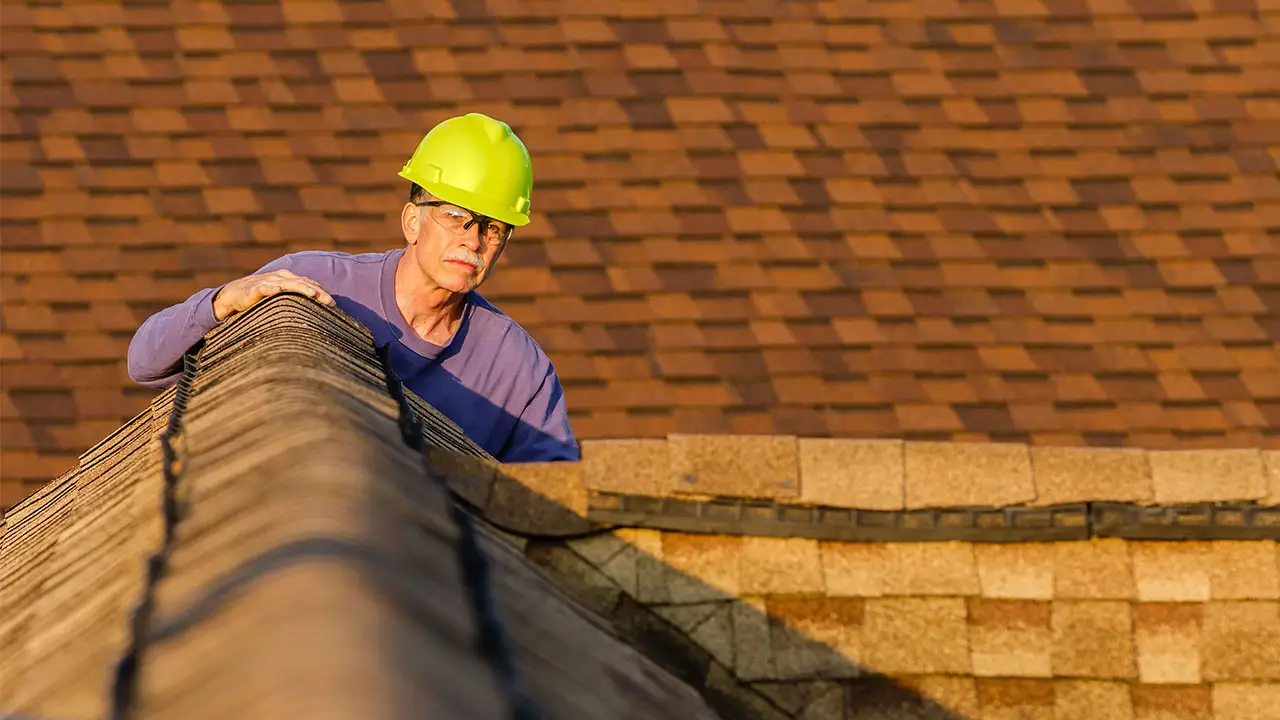
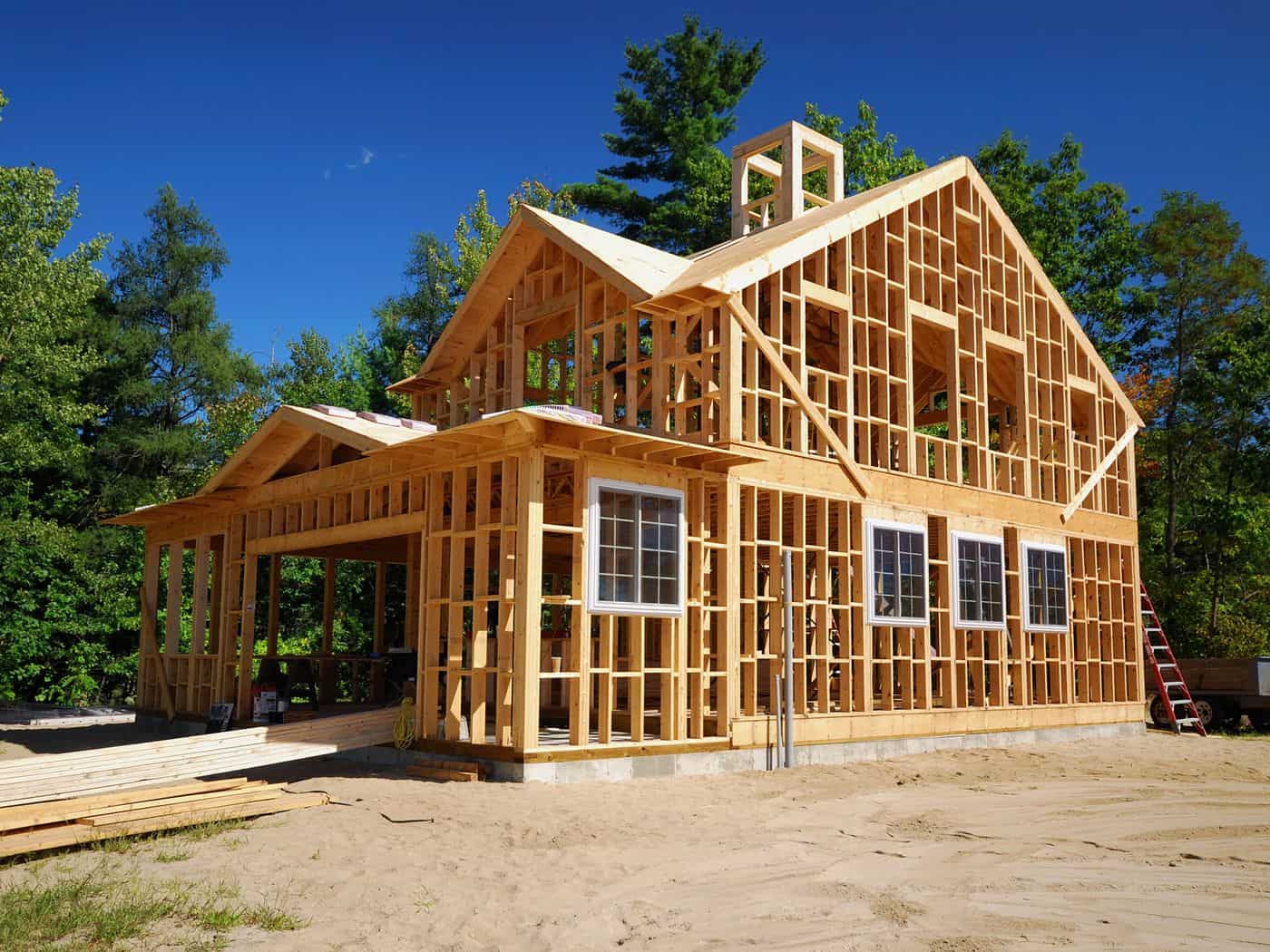
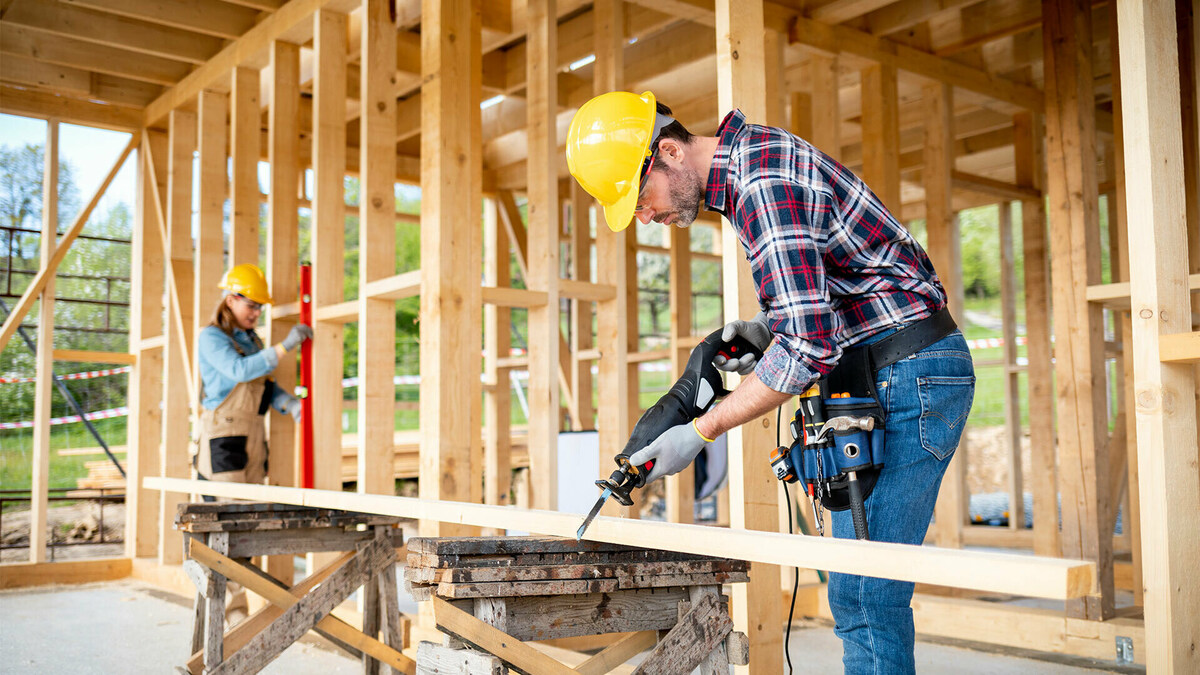

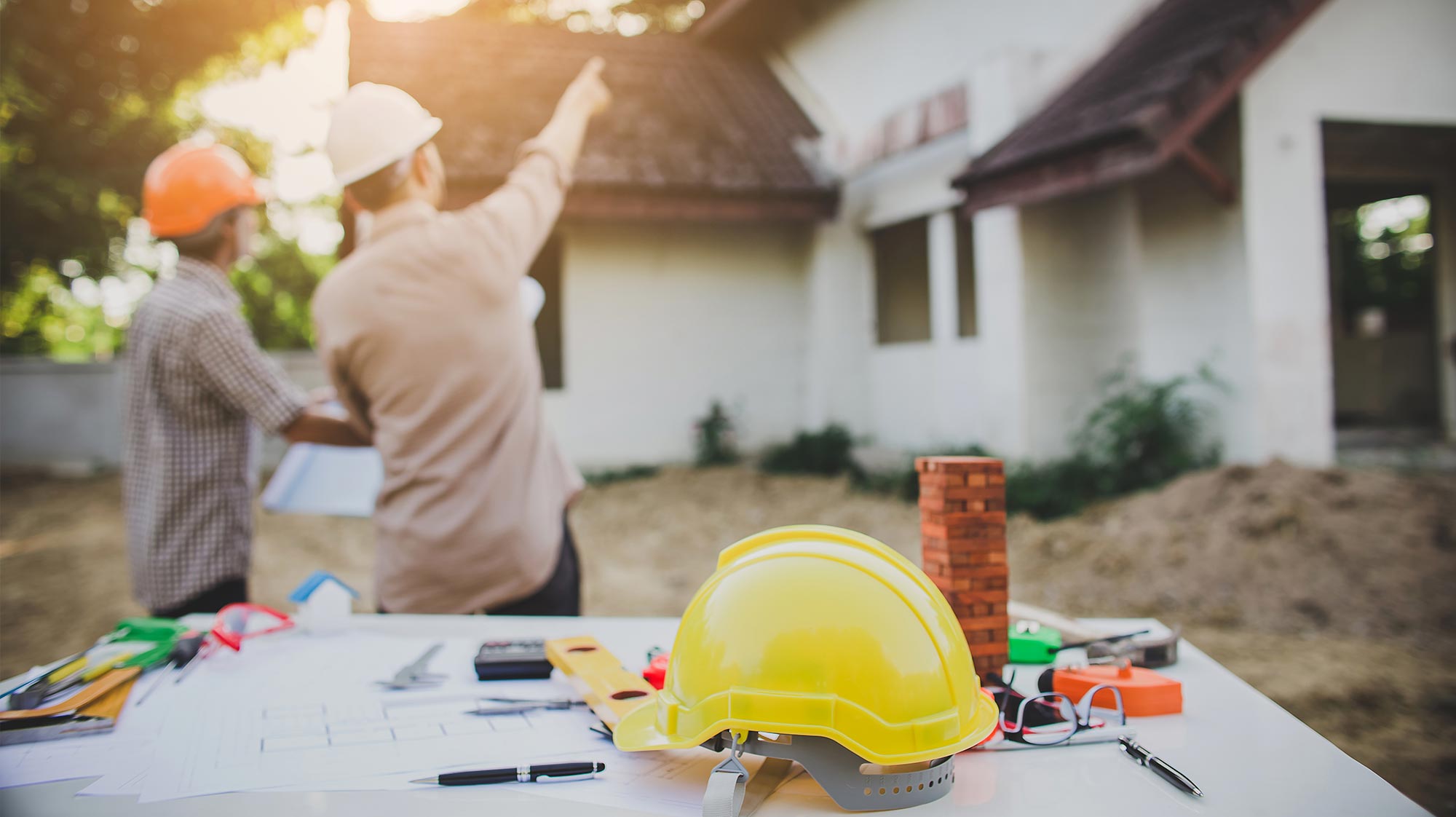
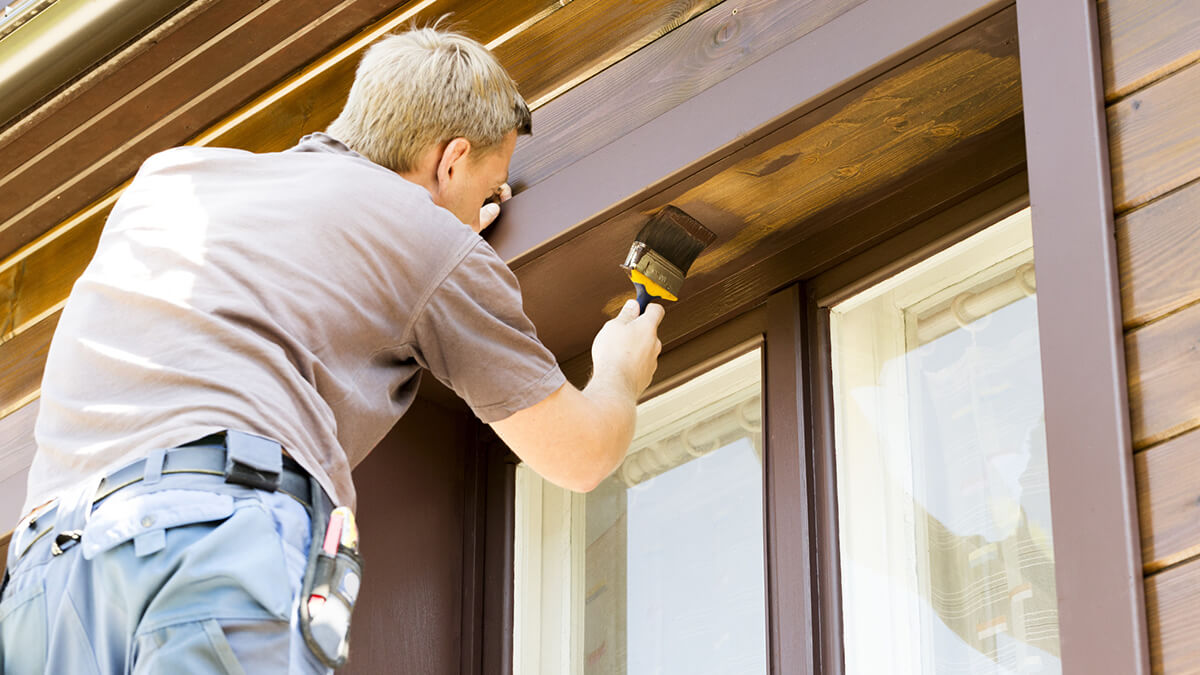

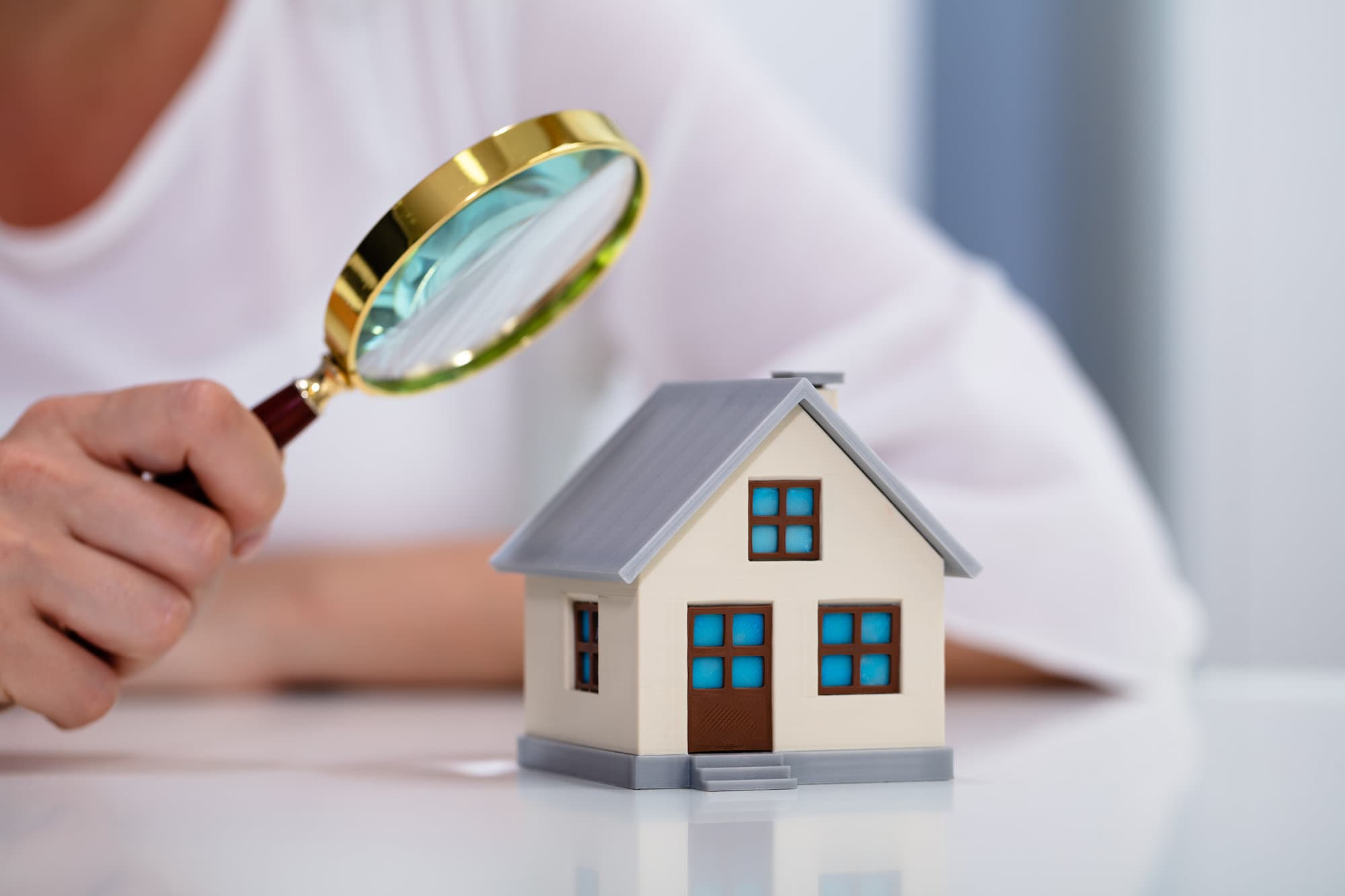
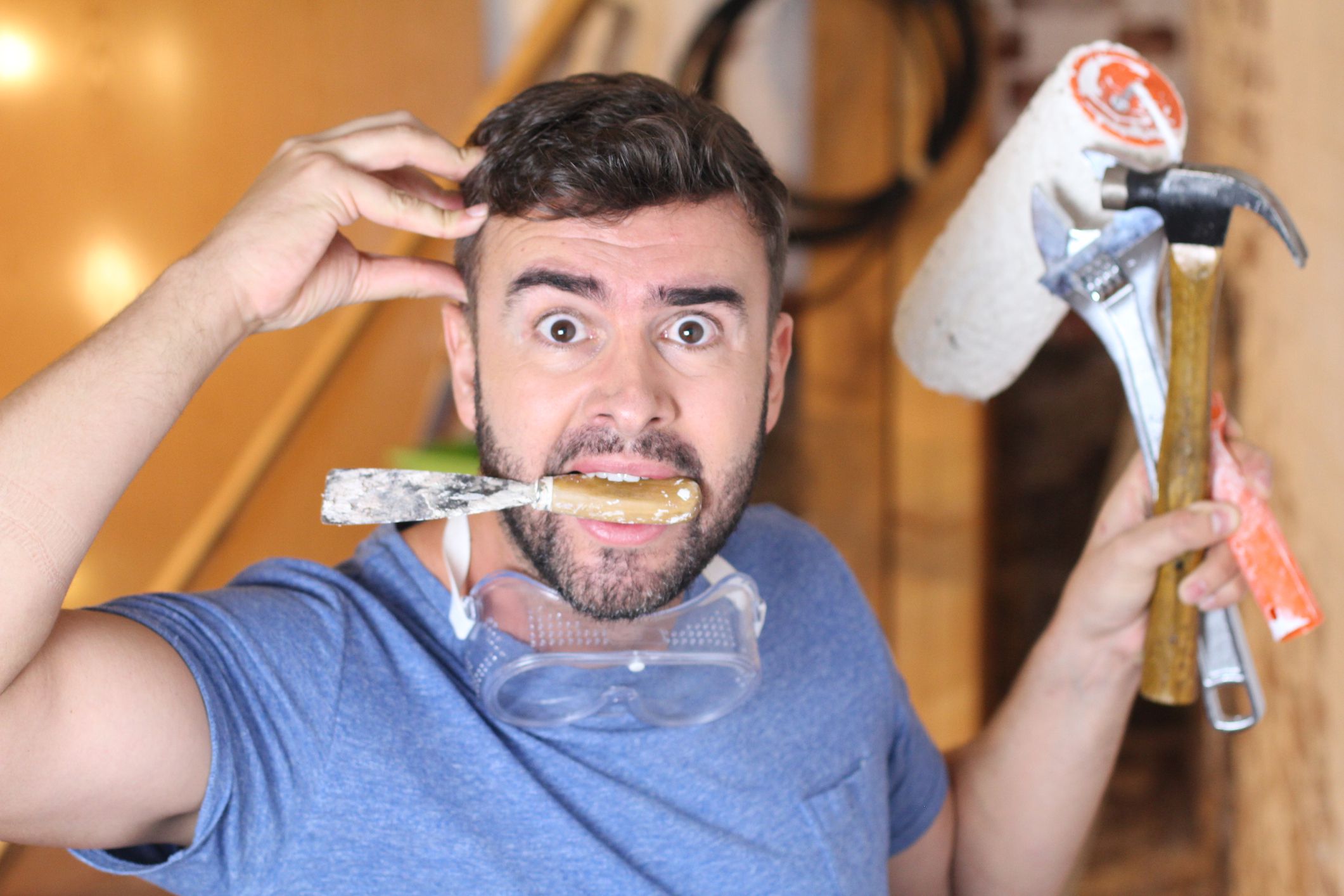
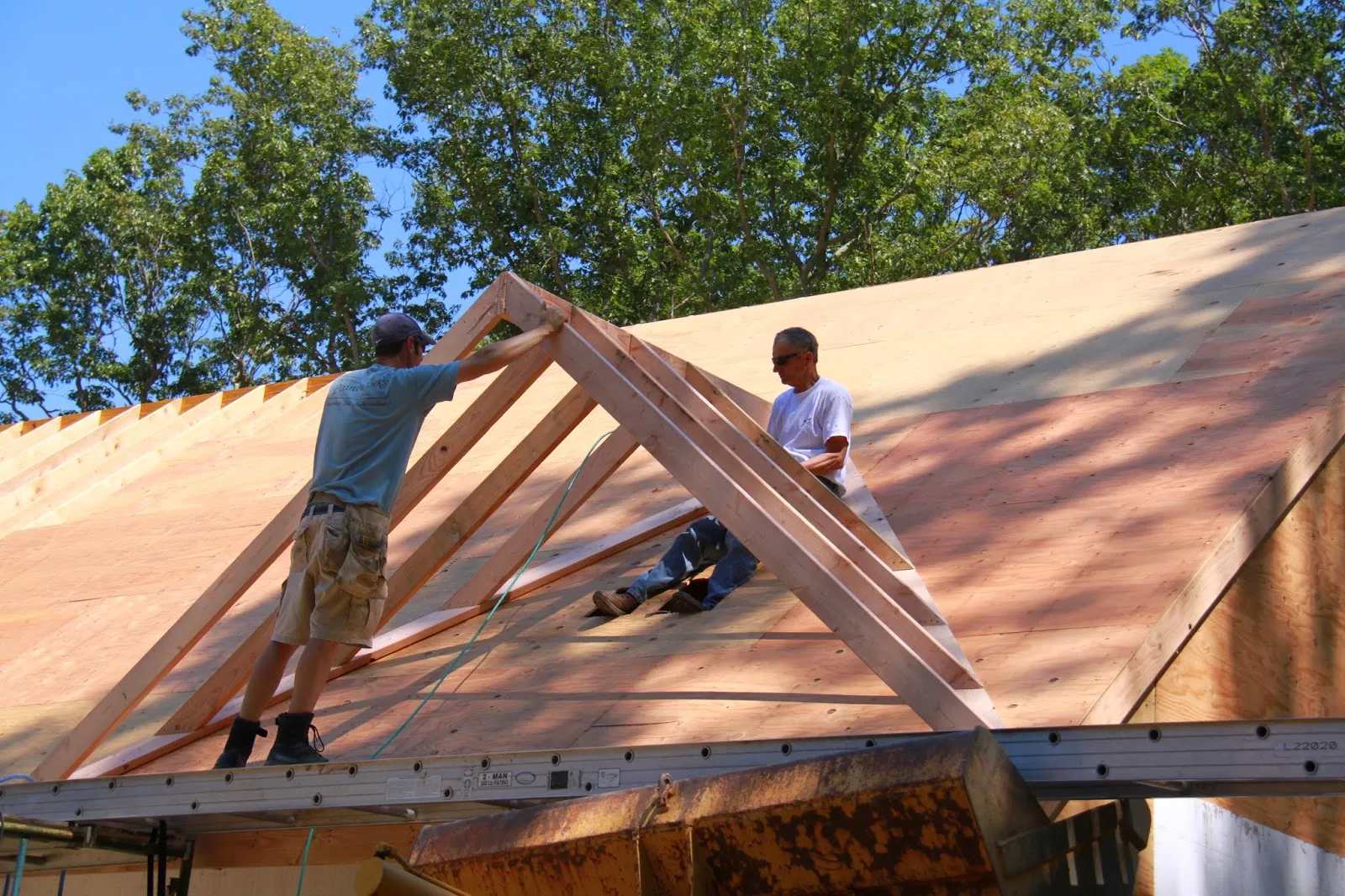
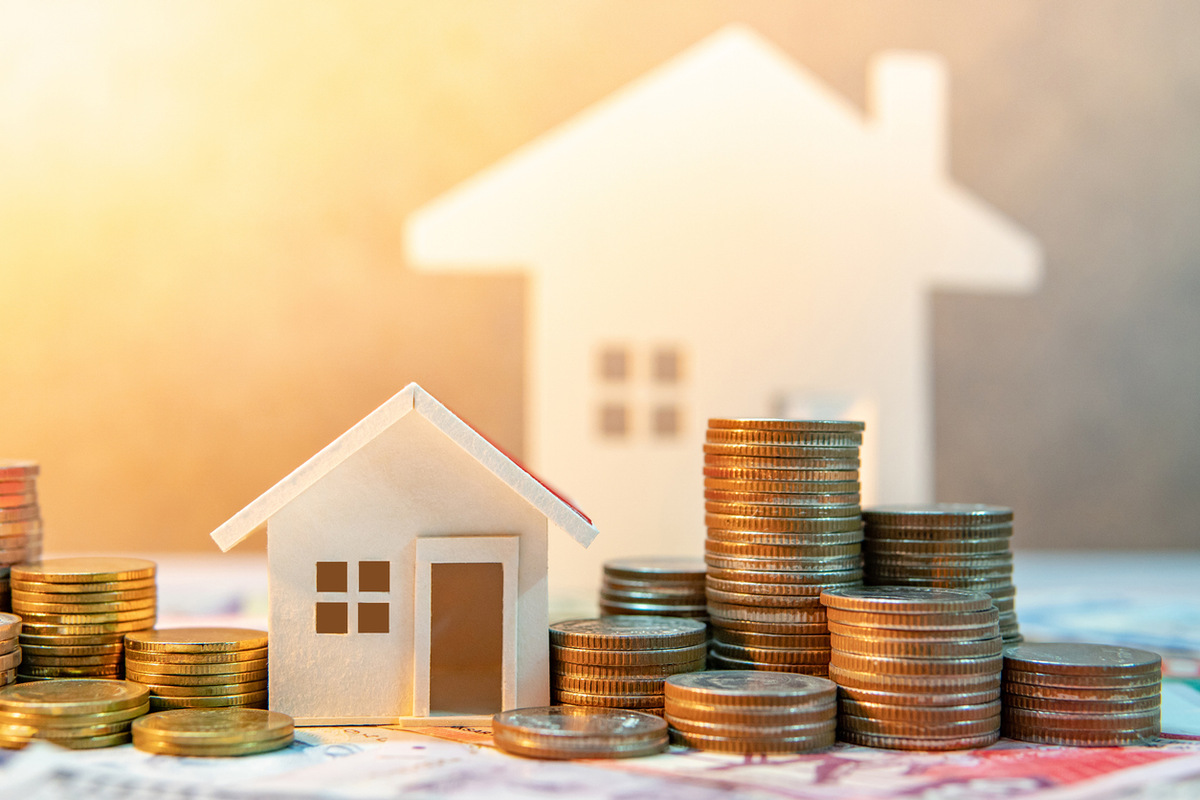
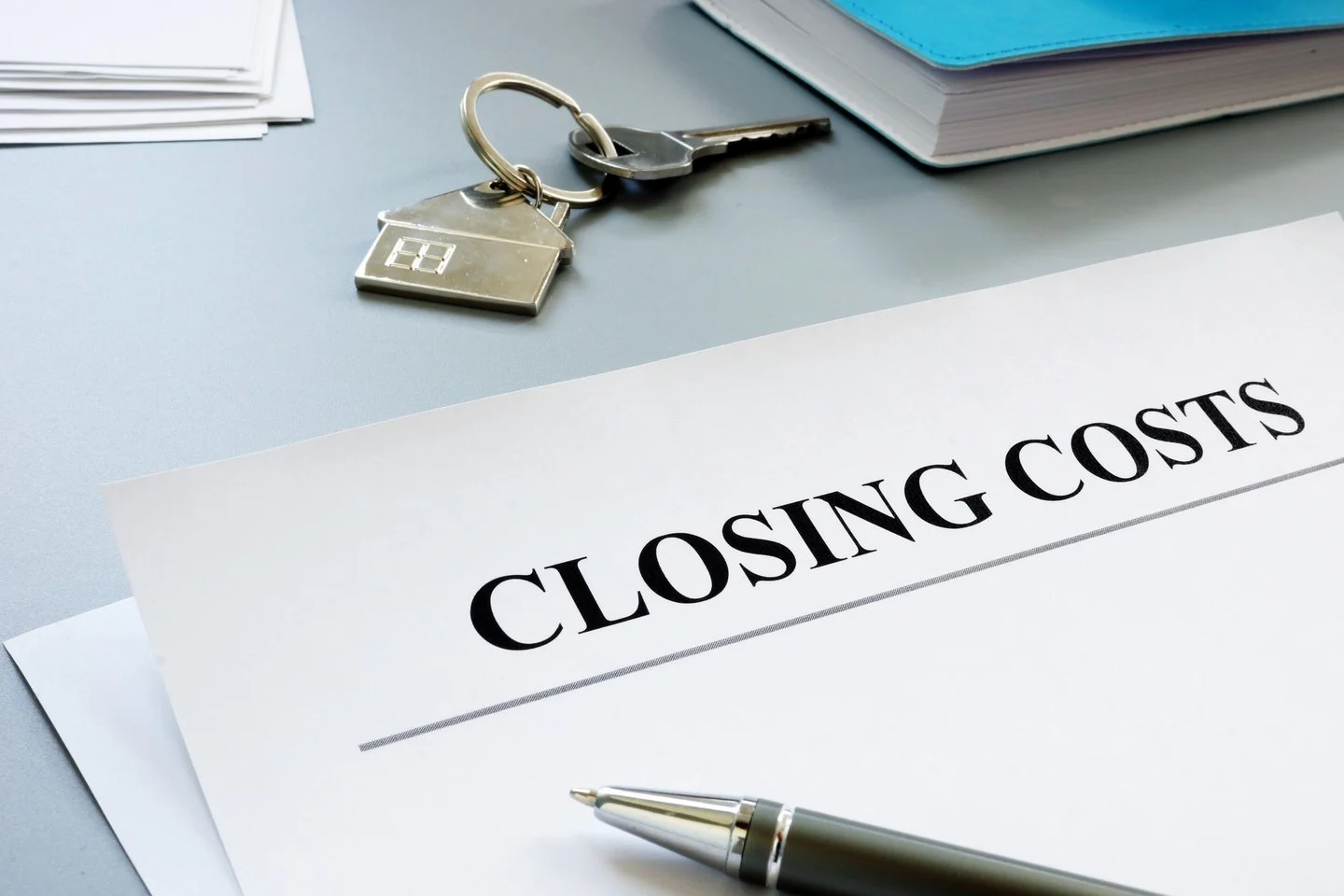


0 thoughts on “What Inspections Are Required When Building A House”